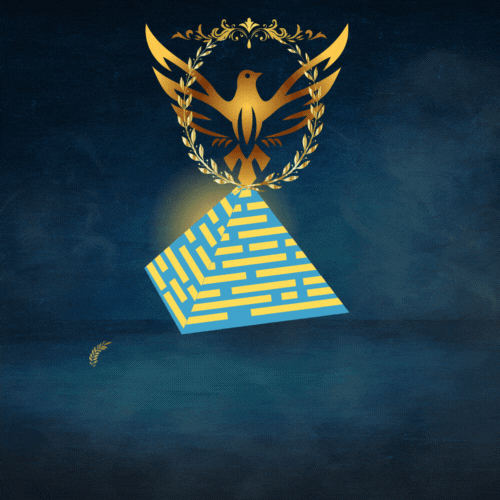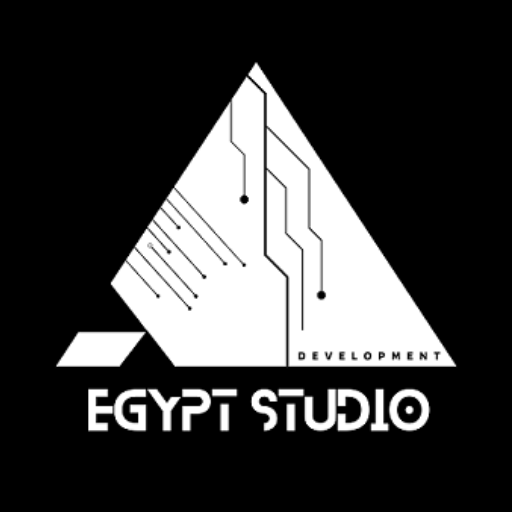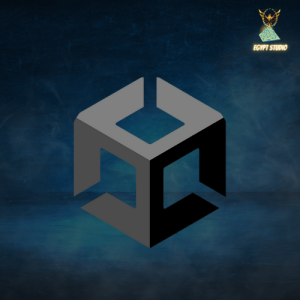- Concept and Design:
- Define the concept and design of your online game. Consider whether it will be a multiplayer game, MMO (Massively Multiplayer Online), or have other online features.
- Game Design Document (GDD):
- Create a comprehensive GDD that outlines the online features, multiplayer mechanics, server requirements, and any other relevant details.
- Select a Game Engine:
- Choose a game engine that supports online functionalities. Unity, Unreal Engine, and Godot are popular choices.
- Networking and Multiplayer Setup:
- Implement networking functionality to enable multiplayer features.
- Set up servers to handle game sessions, player connections, and data synchronization.
- Security Measures:
- Implement security measures to protect against cheating, hacking, and unauthorized access.
- Consider using encryption for data transmission.
- Database Integration:
- Integrate a database to store player profiles, progress, and other relevant information.
- Ensure data integrity and implement backup mechanisms.
- User Authentication:
- Develop a secure user authentication system to allow players to create accounts and log in securely.
- Gameplay Mechanics:
- Design and implement multiplayer gameplay mechanics that provide an engaging and balanced experience for all players.
- Graphics and Sound:
- Create high-quality graphics and sound assets that enhance the online gaming experience.
- Testing:
- Conduct extensive testing of the online features, focusing on server stability, latency, and overall multiplayer experience.
- Implement beta testing with a select group of players to gather feedback.
- Optimization:
- Optimize the game for online play by addressing latency issues and ensuring a smooth experience for players with different internet connections.
- Community Features:
- Include community features such as chat systems, forums, or social integration to foster player interaction.
- Marketing and Community Building:
- Develop a marketing strategy that emphasizes the online and multiplayer aspects of your game.
- Engage with your community through social media, forums, and other channels.
- Launch and Support:
- Launch your game on your chosen platform.
- Provide ongoing support, address issues promptly, and release updates to keep the player base engaged.
- Monetization (if applicable):
- Determine how your game will generate revenue, whether through one-time purchases, subscriptions, in-game purchases, or other models.
Remember that creating a successful online PC game requires ongoing attention to both technical and community-related aspects. Building a strong and engaged player community is crucial for the long-term success of your online game.




Reviews
There are no reviews yet.